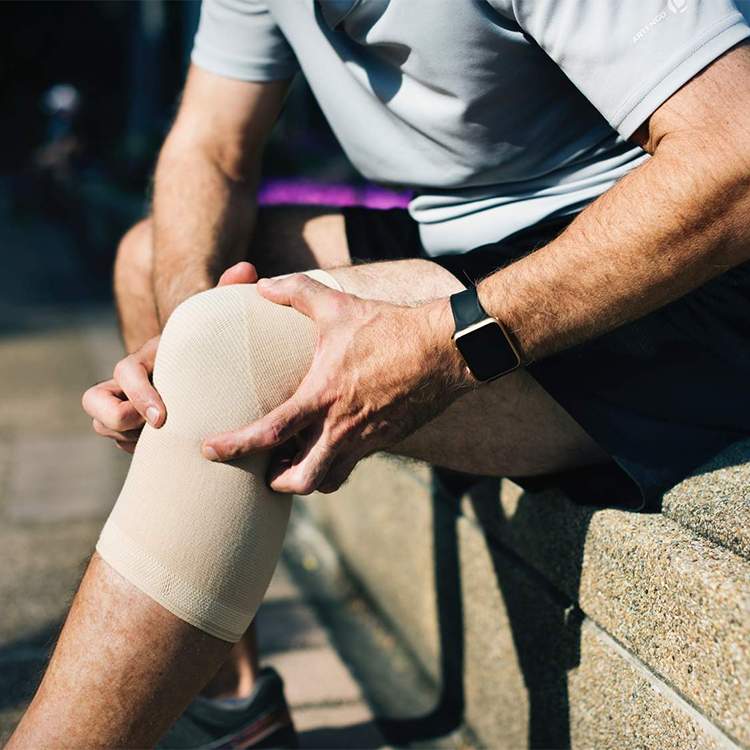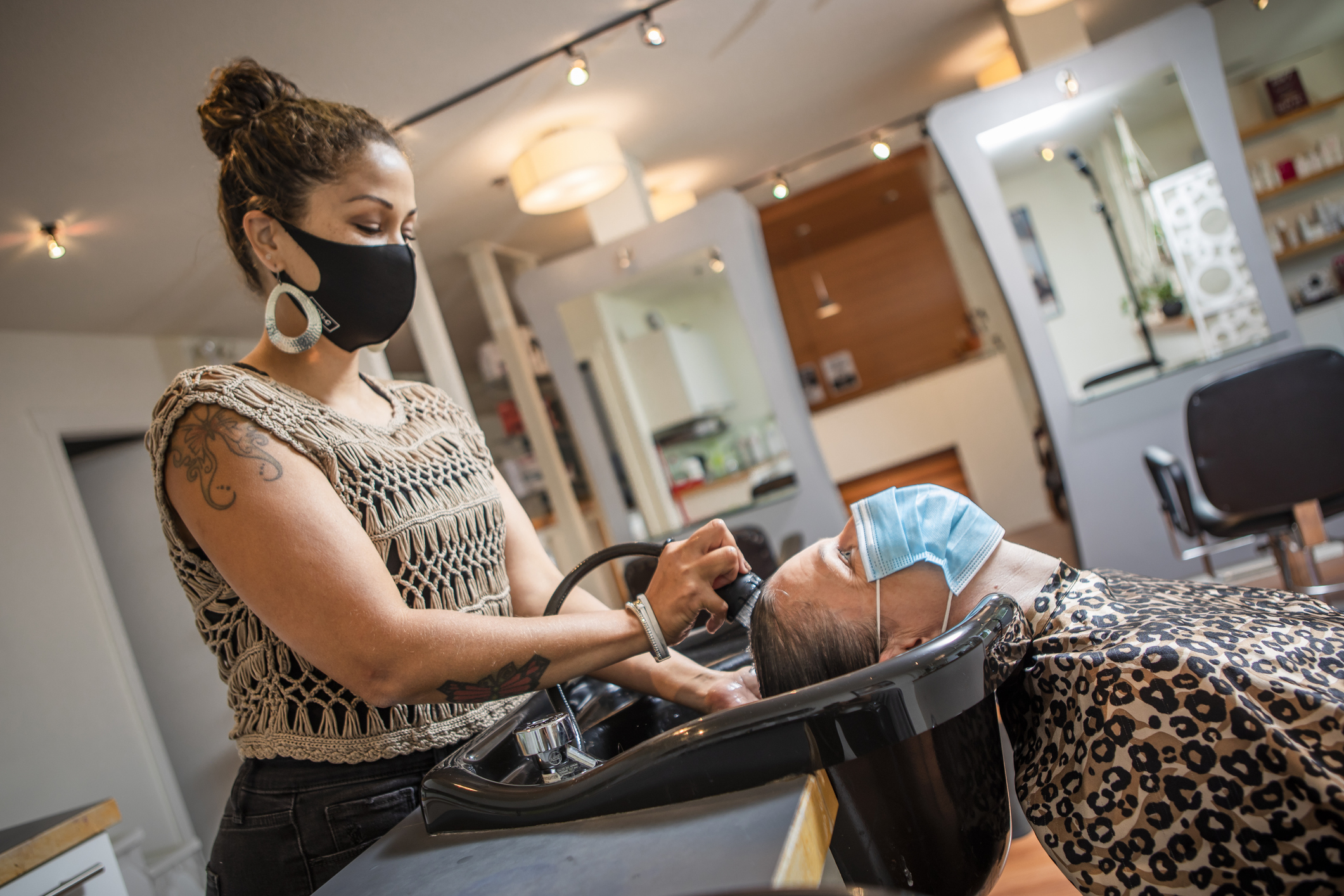(NC) It’s not clear whether having arthritis makes you more susceptible to a coronavirus infection. But much like the seasonal flu, older adults and people with autoimmune diseases like rheumatoid arthritis may be more likely to get seriously sick if they do become infected.
“The main concern isn’t the virus itself, but secondary bacterial infection and other complications that may arise when your body’s defenses are in a weakened state,” explains Trish Barbato, president and CEO of the Arthritis Society.
Six million Canadians – about one in five adults – live with arthritis, so the risks of COVID-19 are profound. If you have arthritis, it’s critical to take precautions now while researchers continue their work on finding a vaccine.
Follow the standard precautions of maintaining physical distance, wearing a mask when you cannot do so, and practicing good hygiene. Additionally, it is recommended that you get your vaccinations updated, including seasonal influenza, pneumococcal and pertussis vaccines.
These vaccines won’t prevent COVID-19, but could lessen secondary infection and will prevent illnesses that could resemble it.
Some inflammatory arthritis medications suppress the immune system, which may make you more vulnerable to infection. But for most people with arthritis in our country, there is no need to stop your medications as the risk of contracting the virus remains low.
As always, consult your doctor or rheumatologist about any change in your health or any questions about your medications.
Find more information at arthritis.ca.

















